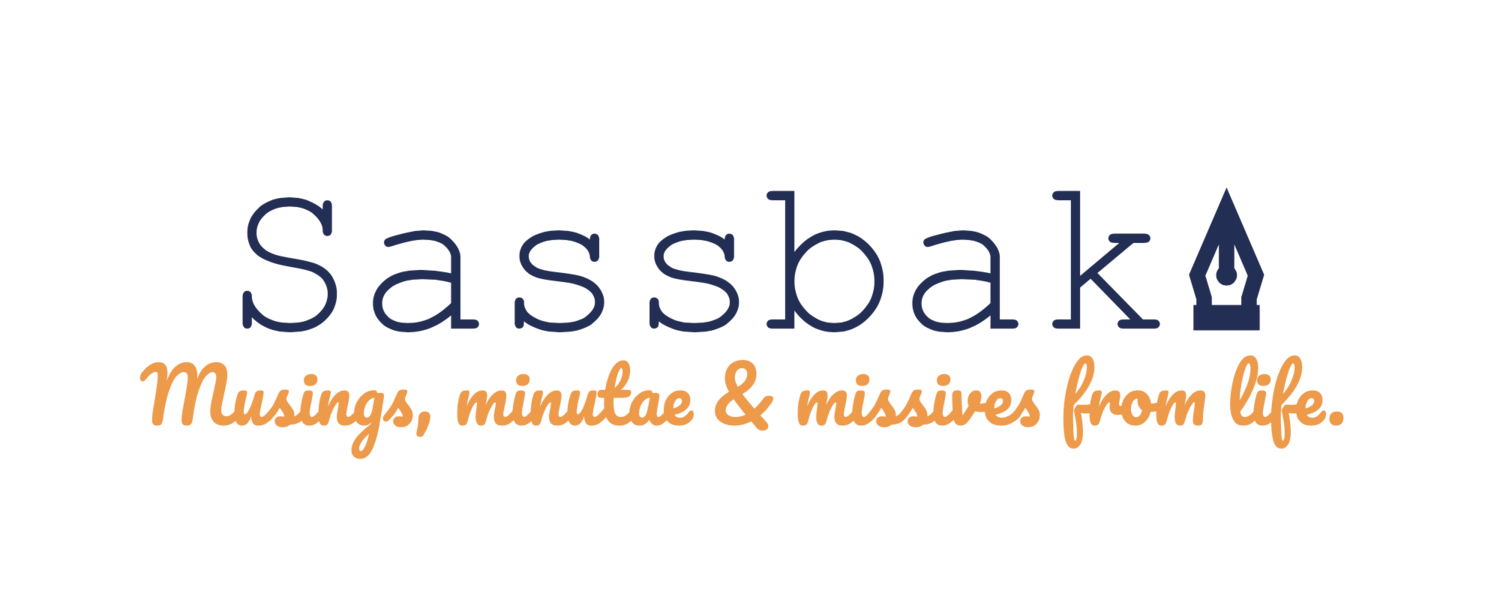Brain Worms
It happens to some of us who write. Authors we read possess us, creep into our heads and start wielding our pens as if they were their own. It’s a disconcerting experience—not recognizing the writing marching along behind the cursor on your computer screen.
My most recent authorial brain infection has been David Foster Wallace. I sidled up to him a few years ago, like a mouse might approach a lion. I found I could read one “short” story, then I’d have take a break for a while before getting into another one. His prose was just so thick and gooey, too much for continuous consumption. Eating bacon cheeseburgers every single day has a similar effect on me.
After reading two or three of his stories I started noticing my own sentences were getting longer and longer, interrupted by marathon parentheticals. My perhaps already too-liberal use of polysyllabic vocabulary words got ever more subjective and imaginative. I wrote about the empty existence of WASPy North Americans, with their prescriptions and televisions and corporate jobs and psychotherapists and country club memberships. Of course, I don’t know much about most of that stuff. But whatever.
The main problem with this particular authorial infection is that the contents of my mind, though expedient on a good day, are not nearly as perspicacious, productive or poetic in that intangibly important way that Wallace’s was. So my writing was just a cheap imitation of Wallace, and that’s about as classy as a knockoff Rolex.
So, it was with some trepidation that at long last, I picked up Infinite Jest. That book, in case you’re not aware, is a bit of a commitment. 1,000+ pages. 85+ pages of endnotes. All of it full of epic syntax and acrobatic vocabulary that necessitates keeping a dictionary at hand at all times. But that book is a right of passage—especially for writers. Whether you love it or hate it, you need to have an informed opinion on it, or suffer the fate of being a total dilettante.
If I thought my DFW infection was bad after reading a short story collection or two, steeping myself in the likes of Infinite Jest is proving catastrophic to my productivity. I try to resist him. Yet, despite my editorial efforts, Wallace’s ways in my hands becomes bloated, overstuffed prose that does not get to the point. And I am a person who likes to get to the point.
I’ve been slogging through draft after draft of a novel about a dog thief for going on five years. Five years, people. I do not have time to turn out another shitty draft while my brain has delusions of grandeur. If it were Carver or Hemingway or O’Connor taking up residence in my head, that would be helpful. Short declarative sentences, and all. That I can handle. But David Foster Wallace? Not so much, apparently.
It’s for this reason that I may yet be a dilettante. I’m not sure I can finish reading Infinite Jest and also finish writing my novel. But don’t tell me how it ends.
I’m not even sure it does.
